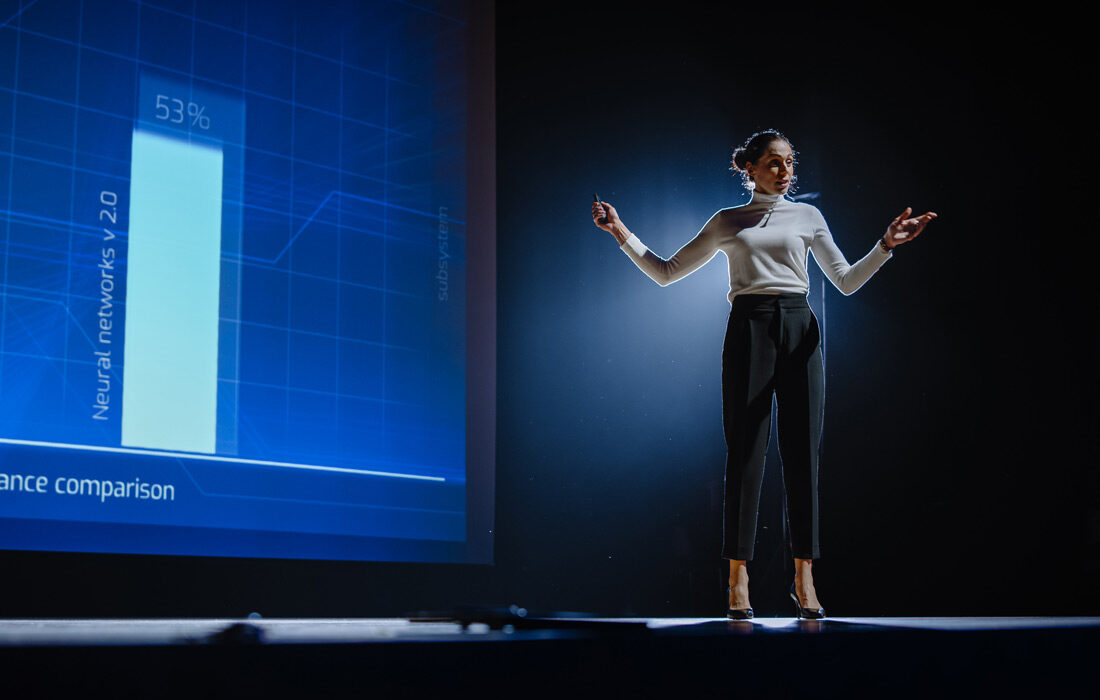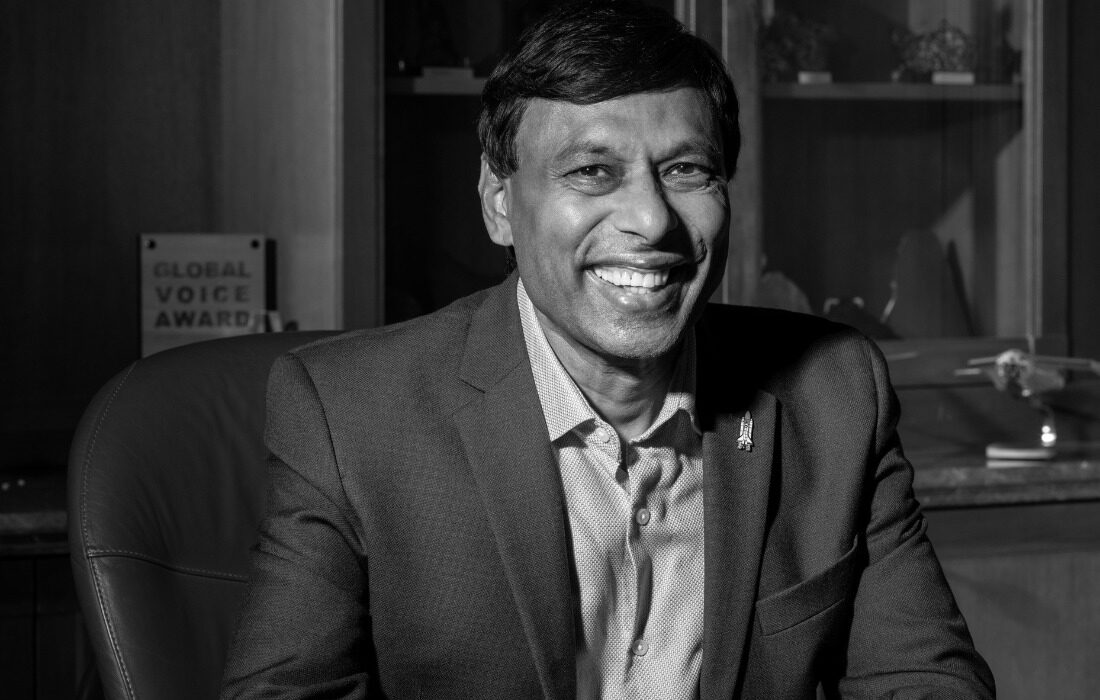Artificial intelligence (AI) has surged into the public consciousness with OpenAI’s release of ChatGPT in November 2022. Terms such as generative AI and large language models, once the jargon of coders and computer scientists, have begun to be more widely used. But what do these terms really mean? And how true are some of the promises or concerns that we hear? More importantly, how will AI technologies such as ChatGPT impact the workplace both today and in the future?
AI in the workplace isn’t new, but it’s evolving.
Artificial general intelligence (AGI) refers to AI systems that can learn, reason and plan—in other words, accomplish intellectual tasks equivalent to a human being. While experts disagree as to how close current AI models are to AGI, current AI technology has been a long time coming, with roots going back to the 1950s. Corporate leaders now use AI in a vast array of workplace industries including banking, marketing and entertainment. Lord of the Rings film creators famously utilized AI more than 20 years ago to create epic battle scenes. The Photoshop whiz you know at work may be using AI in the products they create. Even some modern supply chain solutions rely on AI through companies such as Palantir.
But ChatGPT just instinctually—even viscerally—felt different. AI tech, while not new, has evolved. Suddenly we could talk to AI, and it would talk back. That’s where generative AI and large language models (LLMs) come in.
What are large language models such as ChatGPT?
Through a process of algorithmic learning known as machine learning, LLMs are systems trained on very large sets of text data. The generative part is the idea that these machine systems can not only understand our inquiries, but generate meaningful text with a conversational response.
So is ChatGPT a generative LLM? Here’s what it said when we asked:
“Yes, I am a large language model. Specifically, I am based on the GPT-3.5 architecture developed by OpenAI. GPT stands for ‘Generative Pretrained Transformer,’ and the ‘3.5’ version indicates the iteration of the model. This architecture enables me to understand and generate human-like text based on the input I receive.”
Plus, generative AI can go beyond the realm of words. Companies such as Soundraw, Boomy and BandLab can help you create music. Likewise, the DALL-E system from OpenAI can assist you in generating visual art with simple prompts. But even beyond the arts, similar technologies are now used in medicine, sustainable sea operations such as aquaculture, hospitality and a plethora of other industries and fields. More important for individual companies, LLMs can be further trained to meet the specific demands of your brand and its customers.
Clearly, the evolution of AI has reached a new milestone. Consumer-friendly interfaces, usability and deep training have vastly enhanced these once-arcane technologies. Using AI, companies both big and small are set to vastly transform the workplace and the overall economy in the coming years.
What are the economic and humanitarian promises of AI?
“Imagine a world where we could solve all of mankind’s problems.” This simple request in the website of entrepreneur, futurist and keynote speaker Naveen Jain isn’t hyperbolic. As the award-winning author of Moonshots: Creating a World of Abundance and a serial entrepreneur in cutting-edge technologies, Jain’s background is one of ambition and success. From Microsoft to lunar exploration, AI technologies play a role in his love and hope for humanity. In fact, Jain’s Viome health product suite uses AI to tailor health recommendations at the individual level in a pursuit to “make illness optional.”
Still, while fear of change is a part of many human psyches, this change is absolutely real. AI will disrupt industries and workplaces around the globe, and not just at the micro level of specific tasks. It will redesign entire economic systems. “ChatGPT is about to revolutionize the economy. We need to decide what that looks like,” reads the title of a MIT Technology Review article. As the author notes, it can help those with lesser skills increase performance, but also risks increasing inequality gaps.
On one of his Moonshots podcast episodes, Jain takes a broader view of AI. “We as humans are very limited in our capacity,” he says. As an example, he notes that we see a very narrow portion of the light spectrum. For that matter, our hearing is not as acute as that of a dog. “So do you want to take all those limitations off humans?” he asks.
Machine learning AI can help free humanity of these barriers.
How can I integrate AI into my workplace marketing and communications?
Despite all the promises AI holds for our future, it’s good to remember that it remains a tool created by humans. Just as a hammer or a screwdriver have different uses and limitations, so do even the most advanced generative AI systems. In fact, ChatGPT will “gladly” disclose some of these limitations when asked:
“[M]y knowledge is based on data that was available up until September 2021. This means that my responses are not informed by events or information that occurred after that time. Therefore, any information or events that have taken place after September 2021 would be outside of my knowledge unless they were widely known or part of historical data available to me.”
Digital persuasion expert and keynote speaker Erin King understands these limitations. She built her reputation on a deep understanding of AI platforms and their impact on sales, marketing and communications in the workplace. In a recent newsletter, she offered many pieces of advice for working with language generative tools, including this one:
“Remember to FACT CHECK! Otherwise, you could be operating with fake news, an AI hallucination or just a chatbot that was trained on outdated info. A recent study suggested ChatGPT will deliver inaccuracies as much as 20% of the time!”
From actionable advice on how to create better chat prompts to holistic views on using AI to benefit creativity, King understands the territory like few others. Her digital persuasion keynote talk, “Navigating the A.I. Revolution,” breaks through the fear and confusion surrounding AI workplace adoption while embracing positive mindsets and empathy.
Find further AI guidance for your teams at the SUCCESS Speakers Bureau.
For many companies, it may feel like the AI revolution came all at once. Future sales, product development, customer satisfaction and growth will depend not just if you adapt, but how you adapt. More importantly, you need your entire organization to adapt with you as a community. That’s where corporate events, coaching and hiring the right keynote speaker matter most.
To book the technology experts mentioned in this article, visit the SUCCESS Speakers Bureau or contact us with your questions or event speaker needs.
Photo by NDAB Creativity/Shutterstock



